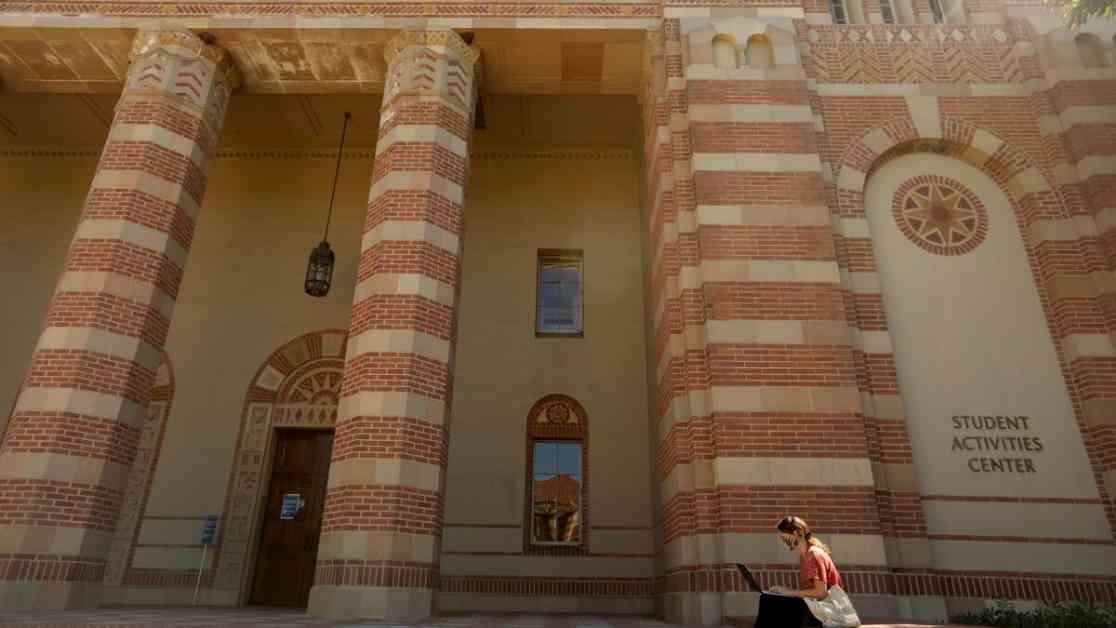In a rapidly evolving landscape, California schools and colleges are navigating uncharted waters following the recent directive from the U.S. Department of Education. This directive, issued on Feb. 14, calls for an end to race-specific programs in areas such as admissions, scholarships, and campus life, under the threat of funding cuts for non-compliance. The response from educational leaders across the state has been one of cautious observance, as they carefully toe the line between upholding diversity efforts and avoiding potential clashes with the Trump administration.
California Universities Uphold Diversity Efforts Amid Federal Mandate
Amid the backdrop of this federal mandate, California’s public university systems have remained steadfast in their commitment to diversity and inclusion. Affinity clubs and culturally themed programming continue to thrive on campuses, while scholarships remain intact. Leaders of these institutions emphasize their adherence to California law, notably Proposition 209, which prohibits the use of race in admissions.
University of California President Michael V. Drake recently assured campuses that the system upholds anti-discrimination laws and would assess the implications of the Department of Education’s directive. UCLA Chancellor Julio Frenk echoed this sentiment, emphasizing the unwavering values and mission of the institution amidst a climate of uncertainty and change.
The Human Impact: Voices from California’s Student Community
As educational institutions grapple with the implications of the federal mandate, students across California are voicing their concerns and perspectives on the potential impact of these policy changes. Alex Davis, a UCLA PhD candidate and former undergraduate, reflects on the integral role that culture-specific programs played in shaping her college experience. From Black student dorm communities to graduation ceremonies, Davis highlights the importance of these initiatives in fostering a sense of belonging and celebration of diverse identities.
Similarly, Abby Choy, a senior at UC Riverside, underscores the significance of cultural celebrations and support networks in the college experience. As a first-generation college student of Asian descent, Choy emphasizes the value of events like the Asian American Pacific Islander graduation ceremony in fostering community and connection.
Legal Ramifications and Response
Legal experts and scholars weigh in on the potential legal challenges and implications of the Department of Education’s directive. Ariela Gross, a UCLA professor specializing in race and law, critiques the broad interpretation of discrimination outlined in the federal mandate. Gross highlights the complexity and nuances of diversity, equity, and inclusion initiatives, underscoring the need for a more nuanced approach to these issues.
Pedro Noguera, dean of the USC Rossier School of Education, warns of the overreach of the federal directive and predicts legal challenges ahead. Thomas Saenz, president of MALDEF, a Latino civil rights organization, condemns the fear-mongering tactics employed by the Department of Education and points out the inaccuracies in their claims regarding standardized testing and racial balance.
As school leaders and educators navigate this uncertain terrain, the central question remains: how will California’s commitment to diversity and inclusion withstand the pressures of federal mandates and shifting policies? The voices of students, faculty, and legal experts alike underscore the importance of upholding these values in the face of adversity and uncertainty. As the educational landscape continues to evolve, California’s schools and colleges stand at the forefront of a complex and challenging debate on diversity, equity, and inclusion.


